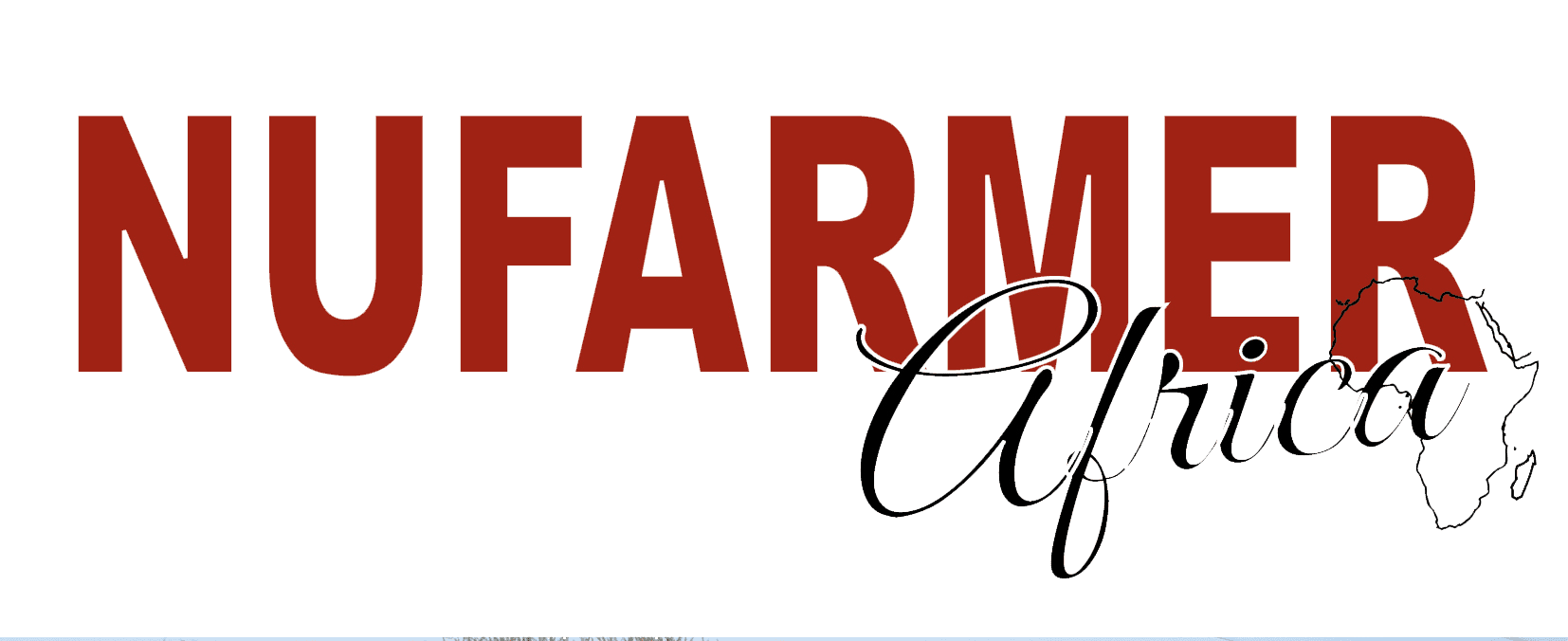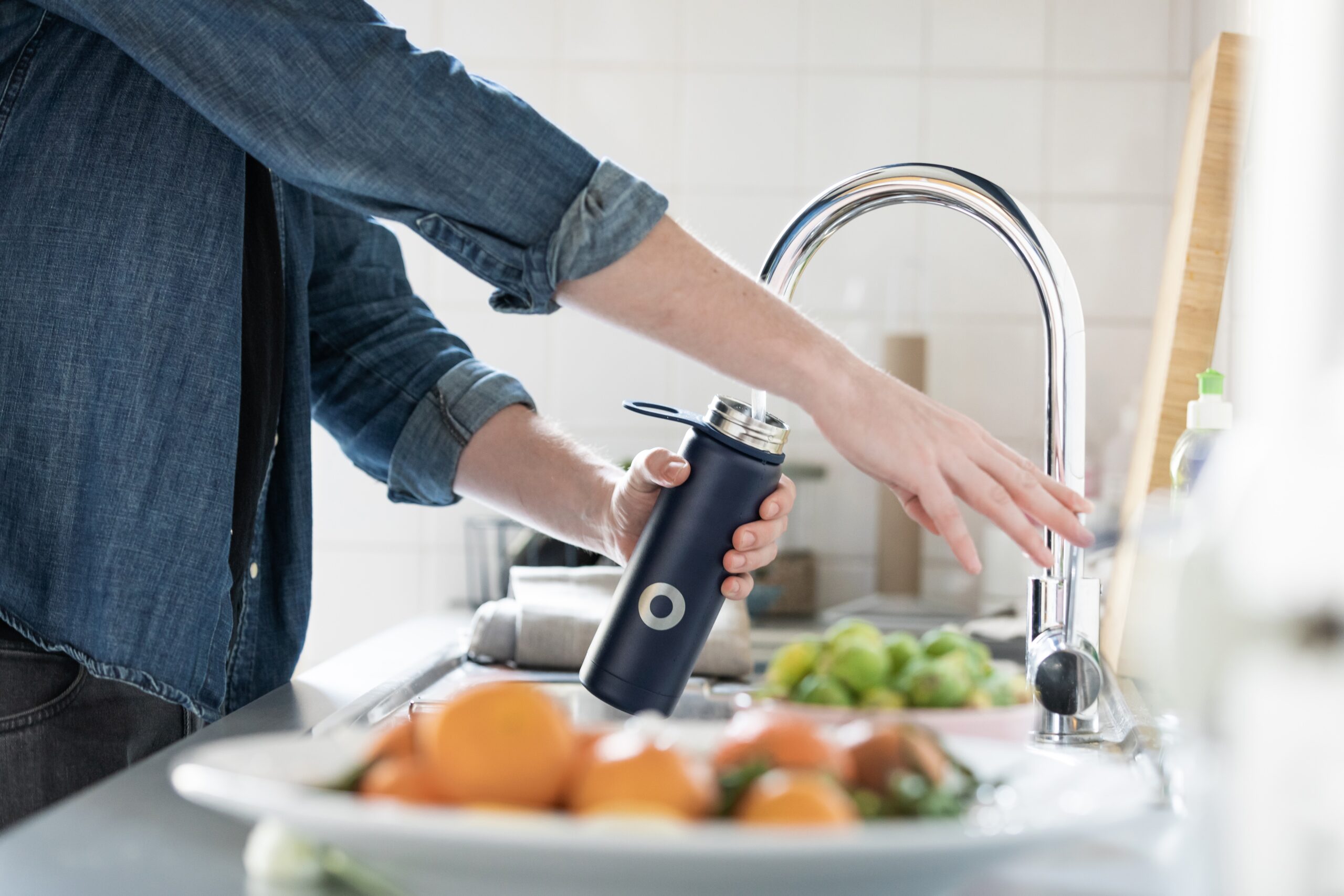Mina Guli: A Champion for Water Protection through Sports
Women’s Month might be over, but women continue to make our world a better place throughout the year. As we head towards 2024, Mina Guli shows how we can protect our most important resource: water.

“Sport has the power to change the world. Sport has the power to inspire. It has the power to unite people in a way that little else does.” This wisdom came from the late President Nelson Mandela, who was an avid boxer in his youth. He could see how sport can unite us. It doesn’t need to be a football or rugby team. Sometimes, one person’s effort in sports can help the rest of us understand important topics and how they impact us.
The Thirst Foundation: Mina Guli’s Journey from Business to Environmental Activism
For Mina Guli, it’s running marathons. In 2012, the Australian businesswoman decided to leave her successful career and founded the Thirst Foundation, focusing on helping the world save and protect water. Then, she took an even bigger step, deciding to run 200 marathons across the globe to promote water awareness.
“I wanted to go to the front lines of the water crisis and take the world out to see it too,” Guli told Xylem Watermark. “Not only to see it, but to understand the nature, extent, and urgency of this problem. Water is everything, but we treat it as if it is nothing. Honestly, I was fed up with being told that water is such a big, complicated issue that we can’t do anything about it. I wanted to show that hard things are not impossible things.”
Understanding the Global Water Crisis Through Mina Guli’s Eyes
“Water doesn’t come from a tap,” Mina Guli says. She concluded her journey in March this year, including an African leg she completed in Cape Town last year with her 71st marathon. While travelling across the planet, Guli saw the devastation of water problems, from polluted rivers in India to the droughts gripping parts of South Africa.

“Water comes from healthy ecosystems. I saw this in the Amazon, where you can see the water cycle in full flow and see it rising out of the trees. That transpiration creates clouds that get blown down south. Then you go to Sao Paulo to the favelas where drought was caused by deforestation thousands of miles away.
“On an individual level, I also ran through some beautiful ecosystems and watched as people dumped rubbish directly into rivers and deltas. As societies, communities, and individuals, we need to get our heads around the fact that these rivers and waterways are incredibly important and valuable, and we need to treat them like that.”
But she also learned that people are eager to make a difference, and there are many ways that we can bring communities together to protect our most valuable resource. “Look at what Eliud Kipchoge, one of the greatest runners in history, has done in Kaptagat, Kenya. He saw how the forests in which he trains changed due to logging.”
A Call to Action: How Everyone Can Contribute to Water Sustainability
Guli and her foundation partner with groups such as Xylem Watermark, Xylem’s social investment division, to drive water awareness, change habits and, above all, include everyone. Fortunately, we don’t all have to run a marathon to take care of water, she adds: “Our water is our responsibility.
Each of us has choices to make every day. We can conserve a lot of water by taking shorter showers, thinking about the food we are consuming, and reducing waste. We also all have a vote—one that we cast for politicians and by how we spend our money. Making deliberate decisions to reward those taking positive action is a meaningful way to create change.”

